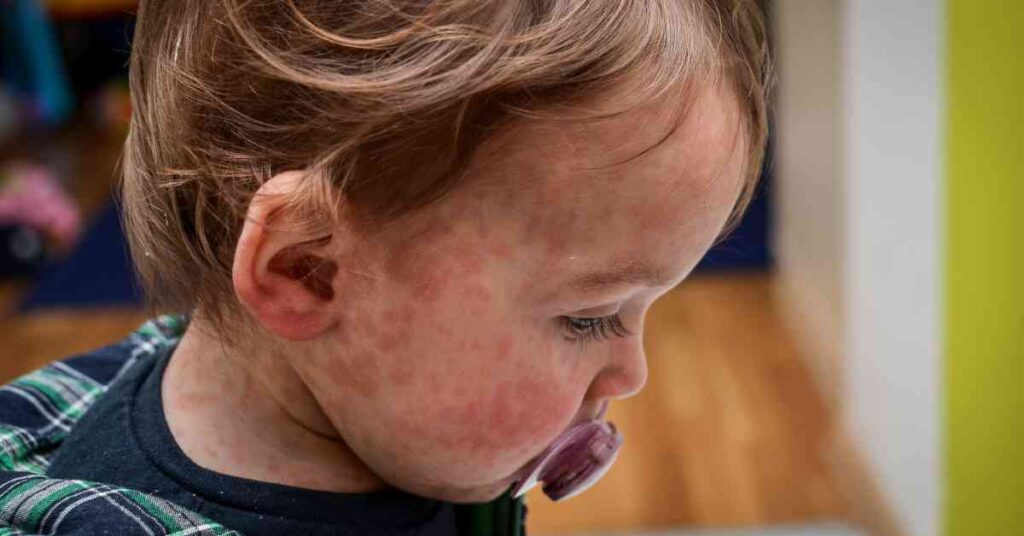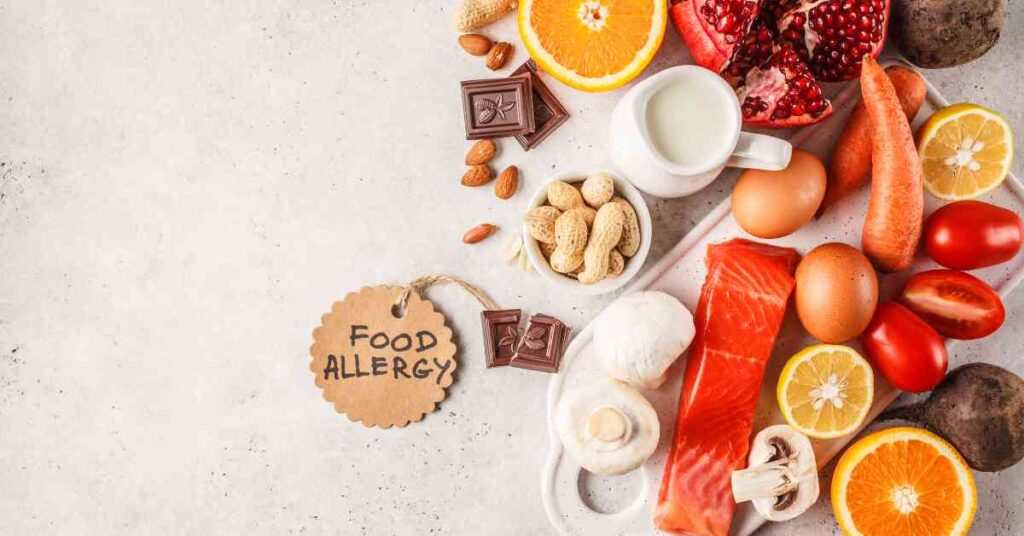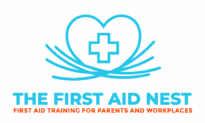Allergic Reactions in Babies: Prevention and First Aid Tips

Allergies Can Feel Scary—But You’re Not Helpless
Introducing solids is a huge milestone for parents—but when food allergies run in the family (or even when they don’t), many mums and dads feel a wave of anxiety:
“What if I do it wrong?”
“What if my baby reacts?”
“Should I wait or delay allergy foods just in case?”
The truth is, avoiding allergens doesn’t protect your baby—in fact, it can increase the risk.
Here’s how to prevent allergic reactions in babies through smart, evidence-based early feeding, and what to do if a reaction does occur.
Why Early Introduction of Allergens Matters
For years, parents were told to delay introducing foods like peanuts or eggs. We now know that advice was wrong.
Current research shows that introducing common allergy-causing foods early and often—from around 6 months of age (but not before 4 months)—can help prevent the development of food allergies.
Common allergenic foods:
👶 If your baby is developmentally ready and you’ve started solids, they’re likely ready for allergens too.

Step-by-Step: How to Introduce Allergenic Foods Safely
Wait until baby is well (no cold, teething, or recent vaccines)
Introduce one allergen at a time
Offer a small amount mixed with a familiar food
Give it in the morning or daytime, so you can observe them
If no reaction, continue offering 2–3 times a week to maintain tolerance
💡 Introduce foods at home, not at daycare or a café. And stay with your baby for at least two hours after introducing a new food.
How to Recognise an Allergic Reaction in a Baby
Reactions usually occur within minutes to 2 hours after exposure.
Mild to Moderate Signs:
Red rash or hives
Vomiting or diarrhoea
Irritability or unsettled behaviour
Severe Signs (Anaphylaxis):
Pale, floppy, unresponsive
Swelling of the tongue
Sudden wheezing or cough
Hoarse cry or voice
📞 Call 000 immediately if you suspect anaphylaxis. Even if symptoms seem to settle, your baby must be assessed in hospital.

First Aid Response for an Allergic Reaction
If it’s mild to moderate:
Stop feeding
Keep baby calm and upright
Seek same-day medical advice
If it’s severe:
Call 000 immediately
If prescribed, administer adrenaline (e.g. EpiPen Jr)
Lie baby down (unless struggling to breathe)
Stay with them and reassure until help arrives
💡 Even first-time reactions can be severe. It’s always better to overreact than to wait and see.
What About Babies at Higher Risk?
Your baby is at higher risk if:
They have moderate to severe eczema
They have a parent or sibling with food allergies
They’ve had a reaction in the past
In these cases, consult your GP, paediatrician, or allergy nurse. They may recommend a supervised food introduction or referral to a specialist.
You’re Not Alone—And You’re More Prepared Than You Think
Preventing allergic reactions in babies isn’t about getting everything perfect.
It’s about:
-
Recognising the signs
-
And knowing what to do in the moment
Whether you’re just starting solids or you’ve had a scare already, there are resources, courses, and experts to support you.

Want more? We’ve got you covered…
Our Baby First Aid Courses
 Learn Baby & Child First Aid Online – Anytime, Anywhere
Learn Baby & Child First Aid Online – Anytime, Anywhere
At The First Aid Nest, we make it easy for busy parents to learn life-saving skills from the comfort of home.
Our online baby first aid courses are designed by a children’s nurse and allergy specialist, focusing on the things parents worry about most:





Our First Aid Certificate Courses
We run most of the popular first aid courses Australia wide. HLTAID011 Provide First Aid, HLTAID009 Provide CPR, HLTAID012 Provide First Aid in an Education & Care Setting, Mental Health first aid and CPR/LVR to name a few.
Book your public spot online or contact us if you have a group of 5+ people for onsite training.
Here are some other resources you may enjoy!
FREE GUIDE: Essential Weaning Bundle (Choking first aid Guide, Top 9 Allergy Foods Guide & Allergy Food Tracker!)
FREE Masterclass: Safe & Simple: Prep Foods To Avoid Choking & Allergies
FREE Workplace Emergency Preparedness Plan: Grab this at the bottom of every page!
Follow for baby & child first aid and allergy info and tips on Instagram & TikTok, all @thenestcpr
